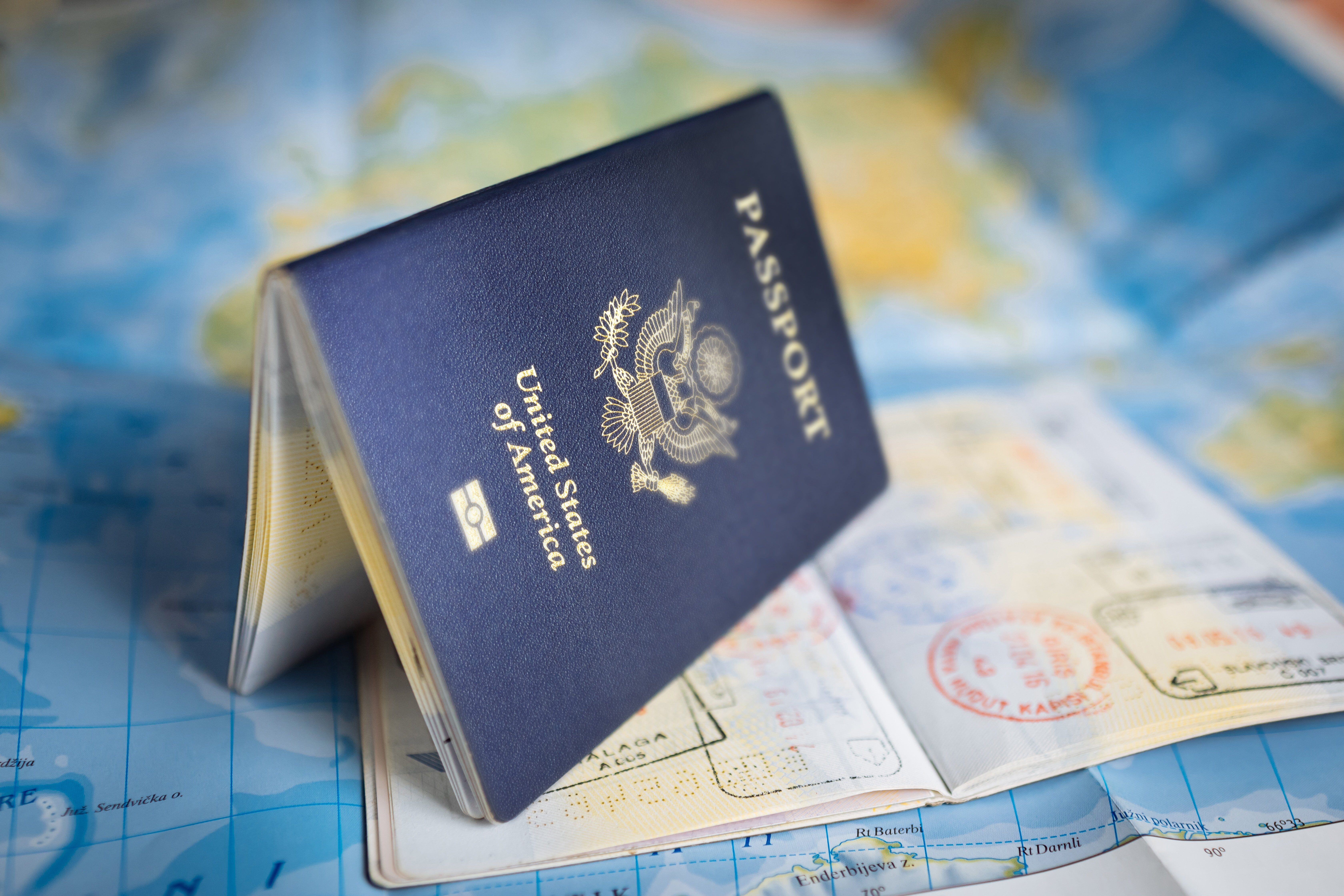International students seeking to study in the United States must secure the appropriate visa before arriving or change their status to a Student visa if already in the United States in some other status. The F-1 visa is the primary route for students enrolling in academic programs at U.S. institutions. This process involves multiple steps, strict eligibility requirements, and ongoing responsibilities to maintain legal status. Understanding these factors is crucial to a successful application and continued enrollment.
Eligibility Requirements for an F-1 Visa
To qualify for an F-1 visa, a student must first be admitted to a U.S. school that is certified by the Student and Exchange Visitor Program (SEVP). Once accepted, the school will provide Form I-20, which is required to apply for the visa.
Applicants must also prove that they have:
- Nonimmigrant intent—showing they plan to return to their home country after their studies.
- Sufficient financial resources to cover tuition and living expenses without unauthorized employment.
- English proficiency or plans to improve their English through a preparatory program.
Additionally, the student must enroll in a full-time academic program, meaning at least 12 credit hours per semester for undergraduates or the equivalent course load for graduate students.
Applying for an F-1 Visa
Once a student receives Form I-20, they must complete the DS-160 visa application and pay the SEVIS I-901 fee. They will then schedule an interview at a U.S. embassy or consulate in their home country. The interview is a critical step in the process. Students should bring:
- A valid passport
- Form I-20
- The DS-160 confirmation page
- Proof of financial support
- Academic records, including diplomas and transcripts
- Proof of ties to their home country
During the interview, consular officers assess the applicant’s eligibility and intentions. Questions may focus on academic goals, financial resources, and post-graduation plans. If approved, the visa will be stamped in the student’s passport, allowing them to enter the U.S.
Maintaining F-1 Visa Status
Securing an F-1 visa is only the first step—students must also comply with visa regulations throughout their studies. Failure to follow these rules can result in a loss of legal status and potential removal from the U.S.
To maintain F-1 status, students must:
- Attend the institution listed on their visa and maintain full-time enrollment.
- Keep a valid passport at all times.
- Limit on-campus work to 20 hours per week while school is in session.
- Obtain prior authorization for off-campus employment, which is typically restricted in the first year.
- Request program extensions before the I-20 expiration date if more time is needed to complete studies.
- Report any changes in address to U.S. Citizenship and Immigration Services (USCIS) within 10 days.
Students planning to transfer schools or change academic levels (such as moving from a bachelor’s to a master’s program) must update their I-20 through their designated school official (DSO).
Employment Rules for F-1 Students
Work opportunities for F-1 students are highly restricted. During the first academic year, students can only work on campus. After one year, off-campus employment may be possible, but only under specific conditions such as:
- Curricular Practical Training (CPT): Work that is integral to a student’s program of study.
- Optional Practical Training (OPT): Temporary employment related to the student’s field of study, available after program completion.
- Extreme hardship situations
Unauthorized work, even for a short time, can result in immediate termination of visa status.
Planning for a Successful Application
The F-1 visa process requires careful planning. A strong application includes a clear academic plan, proof of financial stability, and evidence of intent to return home after graduation. Preparing for the visa interview with well-documented materials and clear answers is key to securing approval.
For personalized assistance with obtaining or maintaining a student visa, Pollak PLLC provides legal support tailored to individual circumstances. Contact our office at (214) 305-2266 for guidance on visa applications, status compliance, and related immigration matters.

-Apr-16-2025-02-22-56-3550-AM.png)
-2-1.png)

